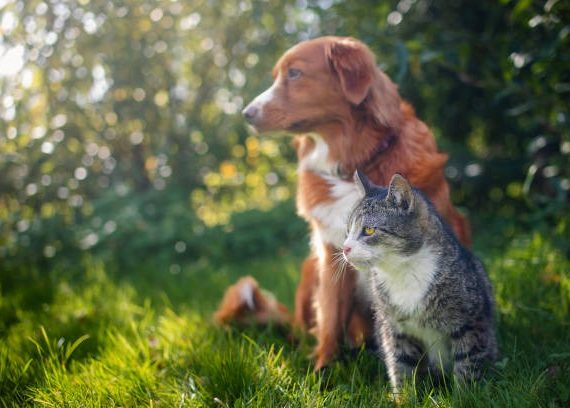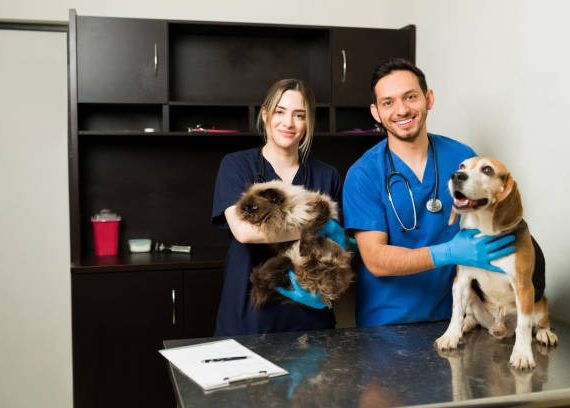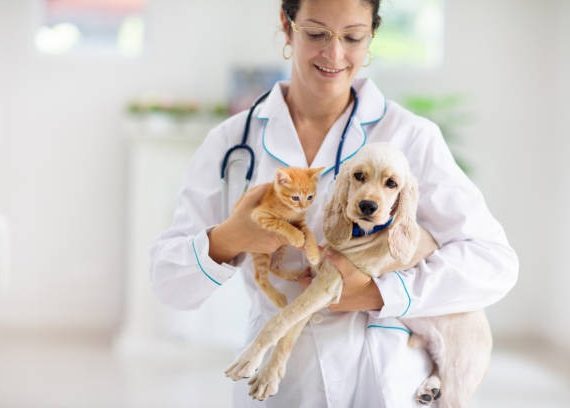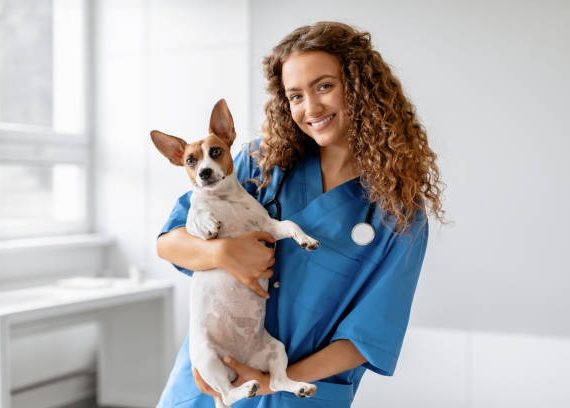Why Are Multiple Specialties Important in Pet Care?
As pet owners, we want the best for our furry friends. Ensuring they receive quality health care is a crucial part of this journey. That’s where multiple specialties in pet care come into play. With advancements in veterinary science, specialized care is now more accessible, ensuring that pets receive targeted treatments tailored to their unique needs.
General Veterinarians
General veterinarians are your first line of defense when it comes to maintaining your pet’s health. They offer routine check-ups, vaccinations, and treatment for common illnesses. However, sometimes, our pets need more specialized care that goes beyond the scope of what a general vet can provide.
Why Specialization Matters
Specialization allows veterinarians to focus on specific areas of pet health, ensuring that your pet receives the best possible care for their unique condition. Whether it’s a complex surgical procedure or a tailored treatment plan for a chronic illness, specialized care can make all the difference.
Types of Veterinary Specialties
There are several types of veterinary specialties, each addressing different aspects of pet care. Let’s break down some of the most important ones.
1. Orthopedic Surgery
Like humans, pets can suffer from bone and joint issues. Orthopedic surgeons focus on diagnosing and treating musculoskeletal problems, from fractures to arthritis. Their specialized knowledge ensures that pets can lead pain-free, active lives.
2. Behavioral Medicine
Understanding and modifying a pet’s behavior can be a complex process. Behavioral specialists work with pets to address issues such as anxiety, aggression, and phobias, using methods tailored to each animal.
3. Cardiology
Heart conditions in pets require a specialized approach to diagnosis and treatment. Veterinary cardiologists focus on heart-related illnesses, offering advanced diagnostics and treatment plans that a general vet may not be equipped to provide.
4. Geriatric Medicine
Just like humans, pets’ health needs change as they age. For older animals, the care of a specialist in geriatric veterinary care can be invaluable. These specialists focus on managing age-related conditions and ensuring the best possible quality of life for aging pets.
5. Dental Care
Dental health is often overlooked but is crucial to a pet’s overall well-being. Specialized dental veterinarians can provide deep cleanings and extractions and treat issues like gum disease. Regular dental care can prevent more serious health complications down the line.
Specialized care allows for early diagnosis and treatment of conditions that could otherwise become severe. With access to specialized equipment and expertise, veterinary specialists can catch and treat issues early, improving outcomes for pets.
6. Oncology
Cancer in pets is unfortunately not uncommon, and treating it requires highly specialized knowledge. Veterinary oncologists focus on diagnosing and treating various types of cancer in pets. They offer advanced treatments like chemotherapy, radiation therapy, and surgical interventions, contributing to improved survival rates and quality of life for pets fighting cancer.
7. Emergency and Critical Care
Access to specialized care can be life-saving in emergency situations. Veterinarians specializing in emergency and critical care are trained to handle a wide range of urgent health issues and provide immediate and effective treatment.
8. Pediatric Care
Just as important as geriatric care, pediatric care ensures that young animals, like puppies and kittens, get a healthy start in life. If you’re looking for a puppy vet in Bakersfield, you’ll find specialists who can provide the appropriate vaccines and nutrition advice and monitor the development of your young pets.
Advanced Diagnostic Tools
The use of advanced diagnostic tools is another benefit of specialized pet care. These tools, such as high-resolution imaging and specialized blood tests, enable a deeper understanding of a pet’s health condition, leading to more accurate diagnoses and better treatment plans.
Diverse Expertise
Veterinary specialists bring a diverse range of expertise to the table. Whether it’s treating a delicate eye condition or performing a life-saving surgery, their specialized knowledge ensures that your pet receives the care tailored to their specific needs.
There are situations where pets need more intricate surgical procedures. Specialists in vet surgery are equipped with the skills and tools necessary to perform these complex operations, ensuring the best possible outcome for your pet.
Holistic and Alternative Therapies
Alternative therapies like acupuncture, chiropractic care, and herbal medicine are becoming increasingly popular in veterinary medicine. These treatments can complement traditional medicine, offering pain relief and promoting overall wellness.
Ensuring Quality of Life
The ultimate goal of specialized veterinary care is to ensure the best possible quality of life for your pets. By addressing specific health issues with targeted treatments, specialists help pets live happier, healthier lives.
Final Thoughts
Multiple specialties in pet care are essential for providing comprehensive health services to our beloved animals. From routine check-ups to advanced diagnostic tools and specialized surgeries, these experts ensure that pets receive the tailored care they deserve. So, next time your furry friend needs medical attention, consider the profound impact that specialized veterinary care can have on their health and well-being.










